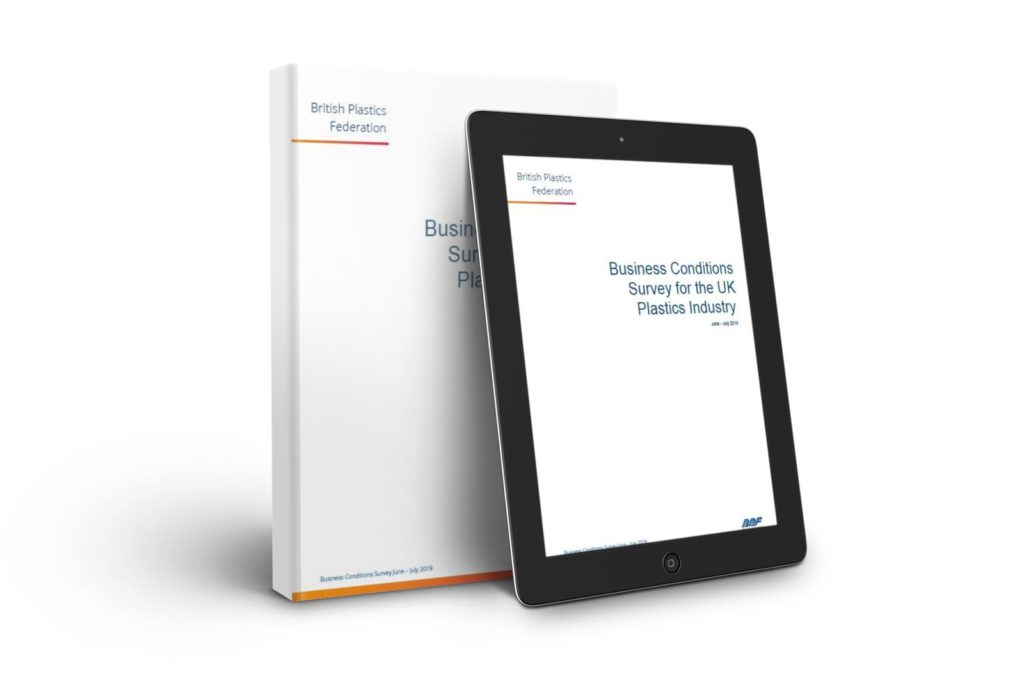NEW research has highlighted the impact of Covid-19 on staff absences within the plastics industry, with almost a third of companies having to reduce production.
A survey of members of the British Plastics Federation (BPF) found that 78% of companies have pandemic-related absences, with an average of 8% of their workforce unable to work.
The BPF said that as the plastics industry is involved in supplying a huge range of products that are crucial to many sectors, this could have a wider impact on the economy if the situation does not improve.
The findings were reported as part of the BPF’s twice-yearly Business Conditions Survey, which questions the entire plastics supply chain, from recyclers to machinery suppliers, on factors affecting their businesses.
Conducted from January 5-14, the latest survey found 24% of companies have at least 10% of staff currently on sick leave. 32% of companies have had to reduce production due to the impact on staffing levels.
Other challenges facing the plastics industry include global material supply shortages. In April 2021, 97% of companies reported they were experiencing problems sourcing polymers. The BPF said the situation has improved but ‘remains concerning’, with 60% still experiencing supply issues.
A record 80% of firms in the sector are experiencing difficulty recruiting staff, with shop floor workers proving the hardest to hire. With higher labour costs and the price of raw material and energy rising, profit margins are also said to remain under pressure, with 40% of companies reporting they will stay the same and 35% expecting them to decrease. More than a third of companies said they don’t believe they will be able to pass on increased energy costs to customers. Only 6% of respondents reported that Brexit has proved positive for their business.
Stephen Hunt, BPF membership service director, said, “Clearly plastics companies are under a lot of pressure at the moment, with core business costs rising, difficulty recruiting and staff absences. The latter issue should improve with time but we continue to monitor energy and material price rises, supporting our members as much as we can.
“With the plastics industry being a major employer in the UK that is vital to almost every major sector, we hope the government takes note of this data and is prepared to provide support for businesses if it proves necessary. However, we know our members are doing everything they can to meet the demands of their customers.”
The Business Conditions Survey was completed by 88 companies from amongst the BPF’s membership. The full survey can be downloaded from the BPF website.













